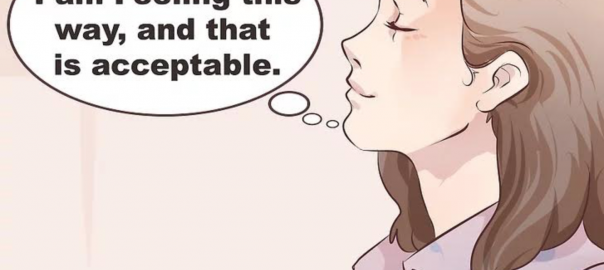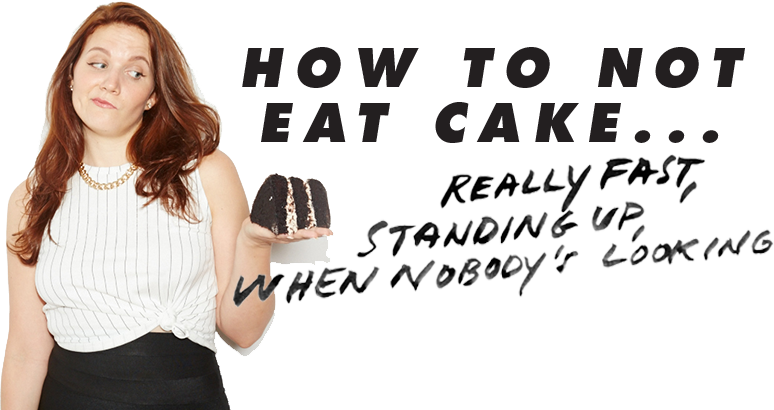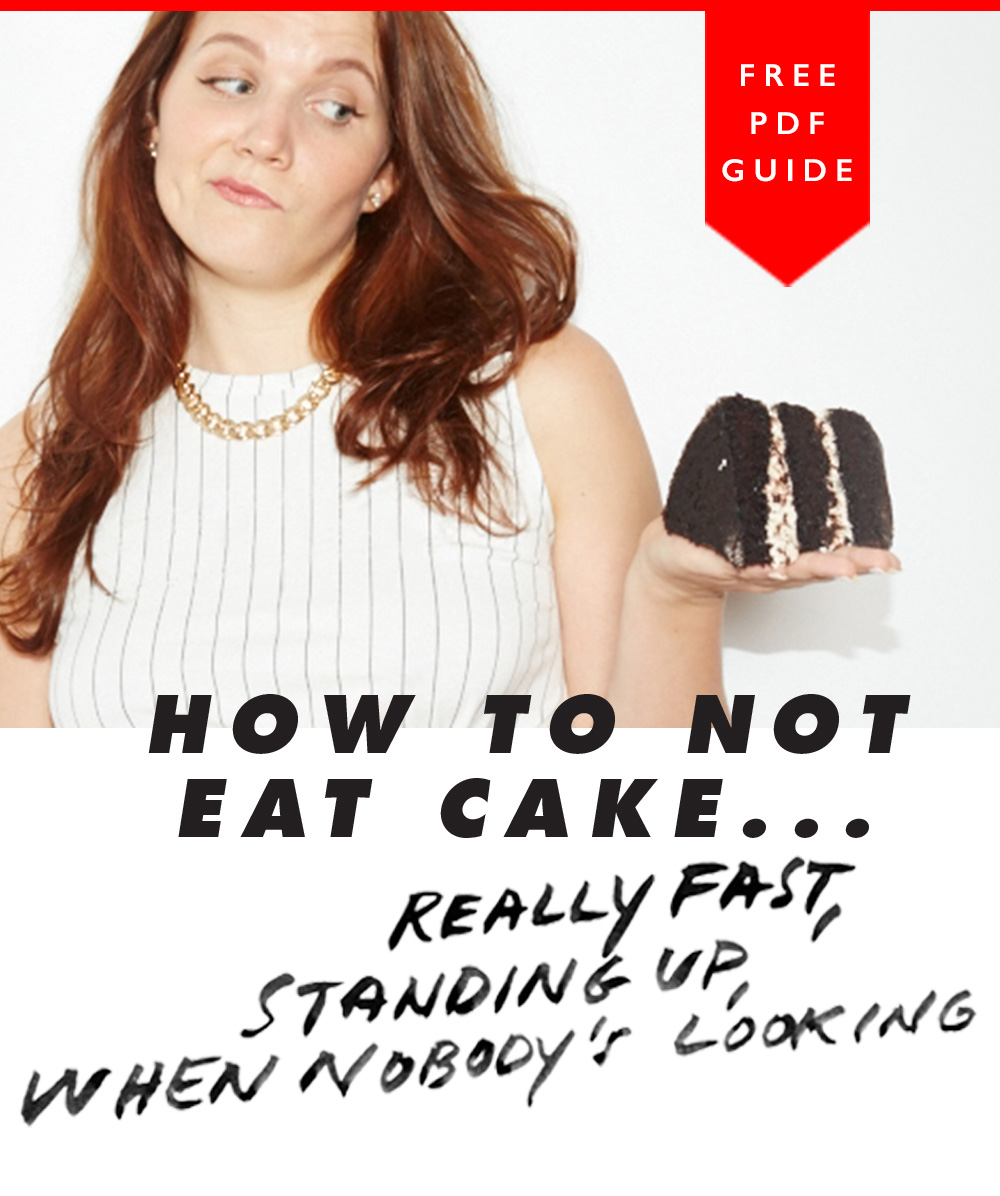
Body image feels aren’t the problem
when you stop dieting,
when you stop restricting,
when you gain weight…
all the difficult feelings that that you’ve tried “diet away,”
that you’ve tried to suppress through weight control,
will pop right up.
All the fear, all the shame, all the “not-good-enough,” all the “unlovable” or “unacceptable” feelings,
all the trauma you’ve experienced as a result of being judged on the basis of size or bearing witness to the judgment of others,
will come rushing to the surface when you’re no longer using weight control as a coping mechanism—
that is, when you’re no longer trying to assimilate as a strategy for managing the pain of oppression.
Contrary to popular belief, these difficult feelings are NOT a sign of “failure” in recovery; nor are they symptoms of mental illness.
Difficult feelings related to internalized or externalized fatphobia are understandable for everyone and anyone regardless of mental health status;
it’s how we relate to those feelings—how we care for ourselves in the midst of those feelings—that is the much bigger predictor of our mental and physical health and well-being.
How am I tending to my shame, my fear, my body-related trauma or anxiety?
Am I trying to manage it through dieting, over-exercise, “self-control,” or self-denial?
Or am caring for myself in more self-loving ways?
Holding myself in the tender moments—taking care of myself like a child in need?
Recovery is not the state of being “free” from body-negative thoughts or feelings;
it is the process of learning to love and care for ourselves in the midst of our pain; of tending to our wounds compassionately, rather than violently;
and ultimately, learning to be with our feelings and self-advocate for our needs…without running back to self-harm through restriction.
x Isabel

